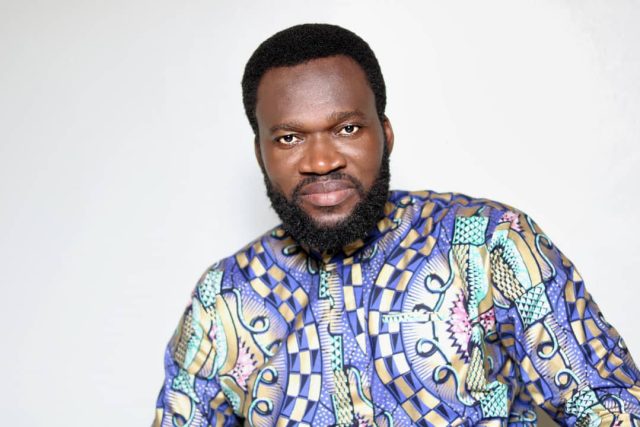After decades of independence, Africa, particularly Ghana, has faced various forms of leadership, both positive and negative.
Despite critical efforts to combat corruption and improve the lives of citizens, multi-level corruption continues to pose challenges within a multi-party democracy. This has led to a widening wealth gap, with the poor facing increased hardships while the rich struggle to maintain their prosperity.
Recent events, such as the South African and Nigeria elections have generated an interesting dynamic about the political landscape and the aspirations of citizens on the continent over time. The evolving geopolitical complexities, including cyber warfare between major global powers, have also added to the challenges faced by the region.
As the world moves towards strategic alliances and technological advancements, Ghana finds itself grappling with developmental stagnation and heavy reliance on borrowing, leading to widespread poverty and despair among its people.
It is essential to critically examine the root causes of these challenges and explore tangible solutions to drive positive change. Unfortunately the new mantra- ‘It is possible’ brings nothing new to the table- just mere words, illusions and more hardship. The rhetoric of ‘possibilities’ must be backed by concrete actions and results to ensure a brighter future for Ghana and the continent as a whole.
The potential consequences of continued rhetoric and an ineffective economic management team are concerning:
1. Worsening living conditions for the most vulnerable in society.
2. Stagnation in economic progress and social development.
3. Widening disparities between the rich and the poor.
4. Increased challenges for businesses, leading to closures and job losses.
5. Struggles for families to meet their basic needs.
6. Threats to democratic principles and societal well-being.
7. Erosion of international goodwill towards the nation and its people.
8. Risk of joining the ranks of the world’s poorest nations.
9. Undermining the pursuit of freedom and justice.
10. Soaring prices of essential goods and services.
11. Depletion of foreign reserves and economic instability.
12. Shortages of skilled professionals in critical sectors.
13. Rising unemployment rates.
14. Prolonged setbacks for national sports and cultural identities.
15. Escalation of poverty and its associated challenges.
16. Surge in fuel prices and currency devaluation.
17. Brain drain and challenges in retaining skilled employees.
18. Strain on essential services due to staff shortages.
19. General escalation of the cost of living.
20. Risk of national instability and failure.
These possibilities underscore the critical need for transformational leadership and decisive action to address the underlying issues. Ghana and its leadership must work towards tangible solutions that prioritize the well-being and prosperity of all citizens, ensuring a brighter and more equitable future for the nation.
It is imperative to move beyond ‘it is possible’ rhetoric and embrace a new era of leadership that delivers real and sustainable change, fostering hope and opportunity for all. The time for action is now, and the collective efforts of the nation are crucial in shaping a more prosperous and inclusive future.
By Dr Donald Agumenu
The writer is a leadership and governance expert, a former Special Assistant to Flt Lt Jerry John Rawlings, Fellow, Chartered Management Institute, UK and Co-Author, of A Siege of Today: The Era of ICT and New Media.















